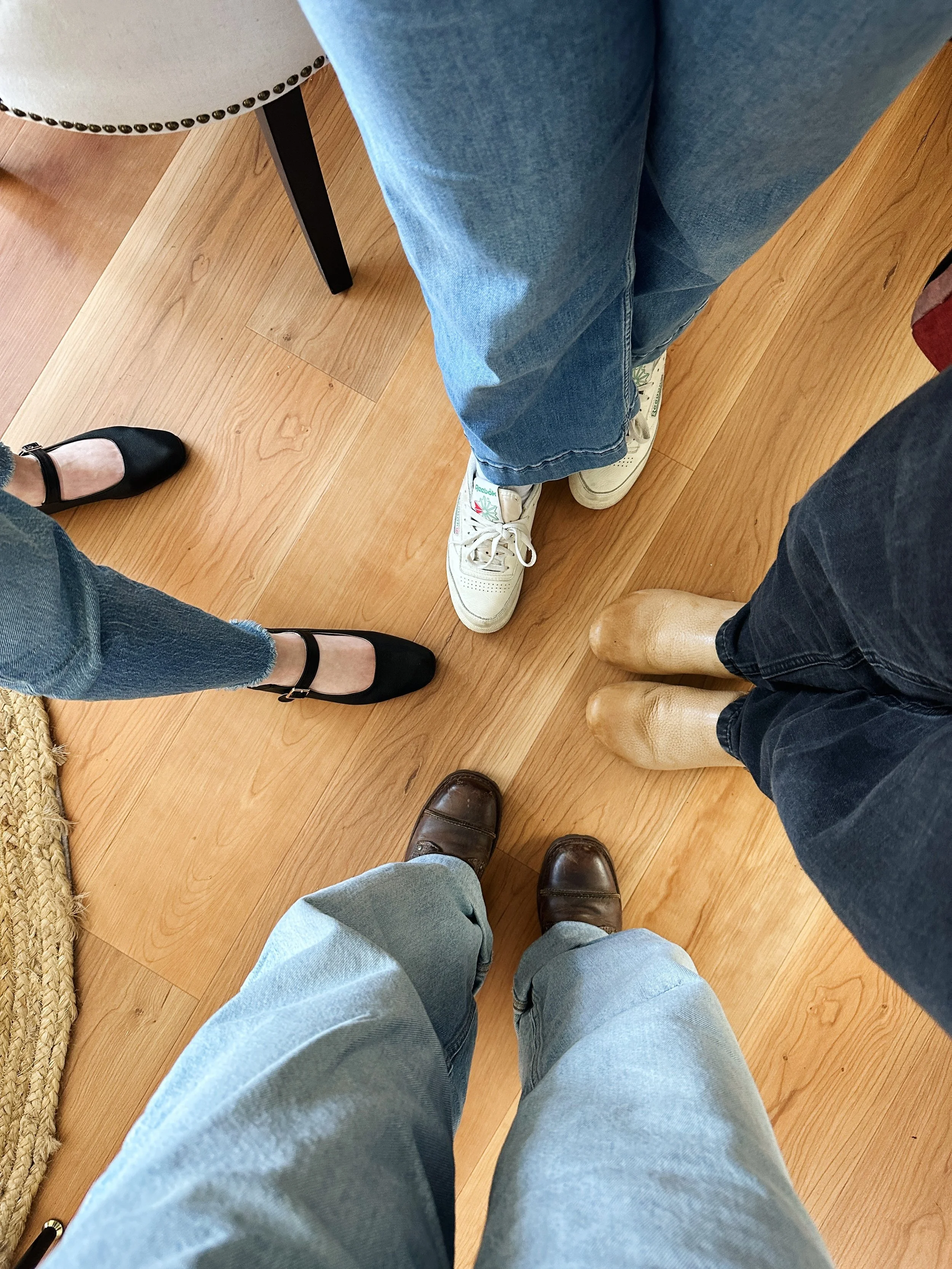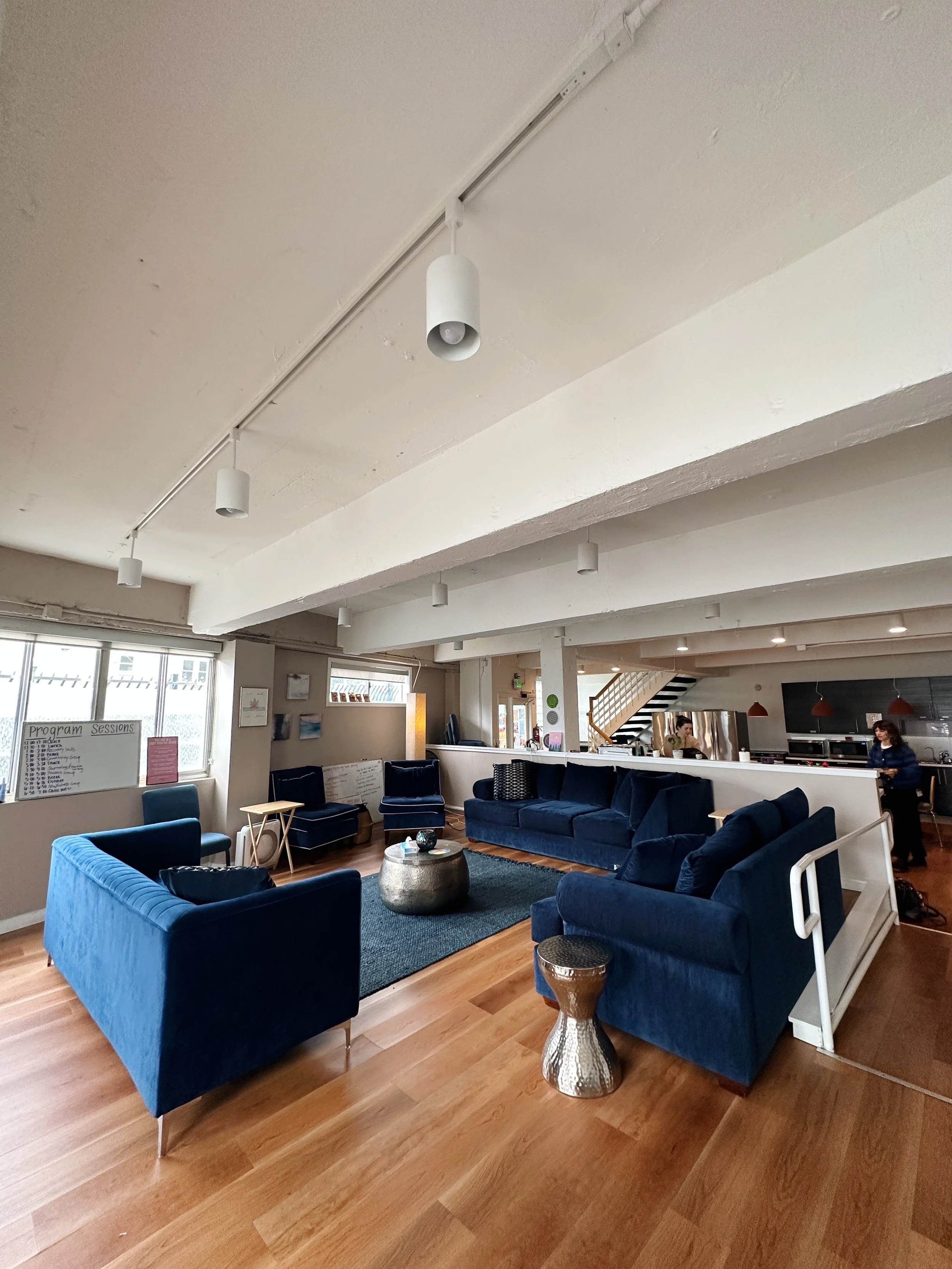
From Isolation to Connection: Why Relationships Matter in Healing
Whatever it is, the way you tell your story online can make all the difference.
When someone is struggling, whether with an eating disorder, mood, or trauma, it’s common for isolation to set in. Sometimes it’s a way to protect yourself from being judged. Sometimes it’s because you don’t feel understood. And sometimes it’s because recovery can feel too exhausting to do in front of others.
But here’s the truth: while solitude can feel safe in the short term, connection is one of the most powerful forces in long-term healing.
Why Isolation Happens
Isolation often isn’t a conscious choice. It builds slowly. A missed lunch with a friend becomes weeks without social contact. Feeling “different” or “too much” makes it harder to open up. Even within supportive environments, shame can convince someone to hide their struggles.
Without connection, symptoms can deepen. Thoughts go unchecked, coping skills slip, and it’s easy to forget that healing is even possible.
The Role of Connection in Healing
Research consistently shows that recovery outcomes improve when people feel supported, seen, and understood. Connection works because it offers:
Safety: Being in a space where you can speak honestly without fear of judgment.
Validation: Hearing “me too” from someone who’s been there.
Accountability: Others help you follow through when motivation dips.
Hope: Witnessing someone else’s progress reminds you that change is possible.
How Lotus Fosters Connection
At The Lotus Collaborative, we believe relationships are as essential as any therapy modality. Our programs, whether in-person, hybrid, or fully virtual, are built to help clients practice connection in ways that feel safe and sustainable.
That might mean:
Eating a meal alongside peers in a supervised setting.
Sharing experiences in group therapy.
Having a clinician remember a detail you shared weeks ago and check in about it.
Even in our virtual programs, connection isn’t an afterthought. It’s the core. Flexible scheduling allows clients to integrate care into real life, which means practicing recovery alongside relationships, not in isolation from them.
Taking the First Step
Reaching out can feel daunting. But it’s also the first step toward breaking the cycle of isolation. Whether you’re a provider supporting a client or someone looking for care yourself, the right connection can make the path ahead feel less overwhelming and more possible.
If you or someone you support could benefit from connection-centered care, our admissions team is here to help.
📞 Call 855-852-4968
📧 info@thelotuscollaborative.com





